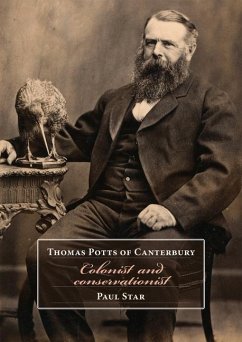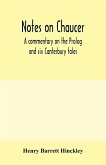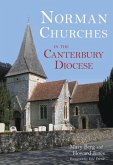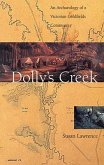In 1858 Canterbury settler Thomas Potts protested against the destruction of totara on the Port Hills near Christchurch. A decade later, as a member of Parliament, he made forest conservation a national issue. Through his writing he raised the then novel idea of protecting native birds on island reserves, and proposed the creation of national 'domains' or parks. As a pioneering colonist, acclimatist, and runholder, however, Potts' own actions threatened the very environments he sought to maintain. This book is about, and partly by, Potts, and through him about New Zealand and the course and consequences of colonisation. It describes and interprets his life, from his early years in England through to his 34 years in New Zealand. Excerpts from Potts' vivid 1850s diary, written from close to the edge of European settlement, are published here for the first time. Thomas Potts of Canterbury also reproduces 11 long-forgotten essays by him from the 1880s, in which he reflected on the 1850s and what had happened since--both to New Zealand's natural environment and to Maori and Pakeha.
Hinweis: Dieser Artikel kann nur an eine deutsche Lieferadresse ausgeliefert werden.
Hinweis: Dieser Artikel kann nur an eine deutsche Lieferadresse ausgeliefert werden.








